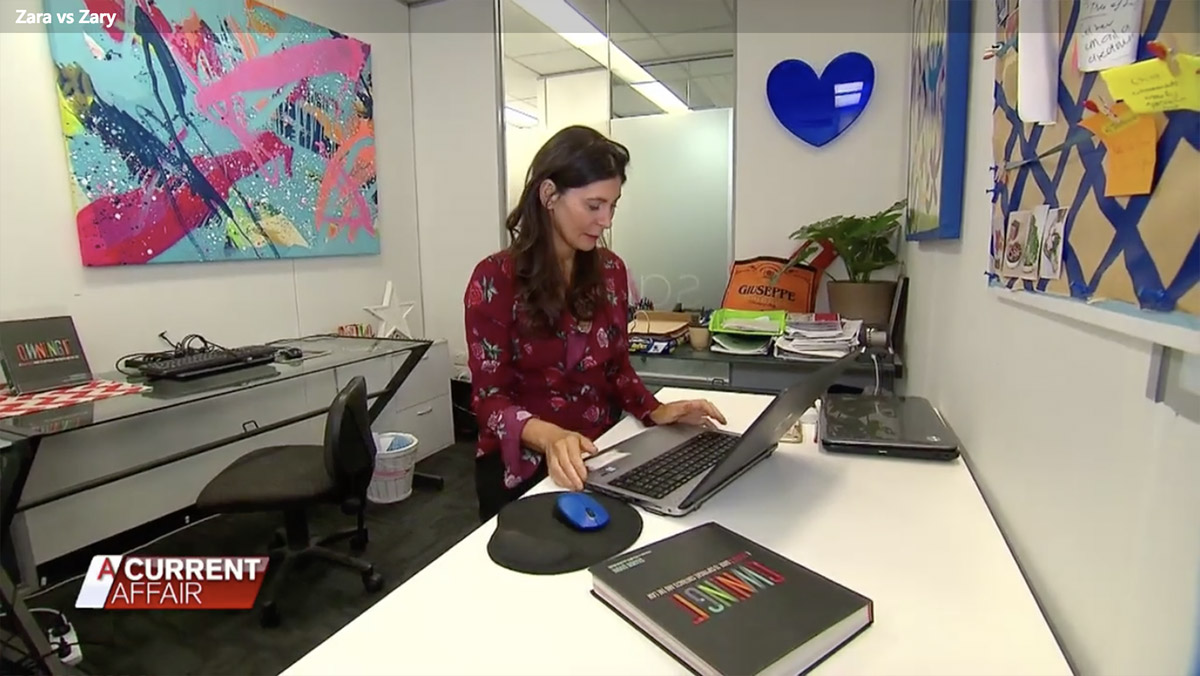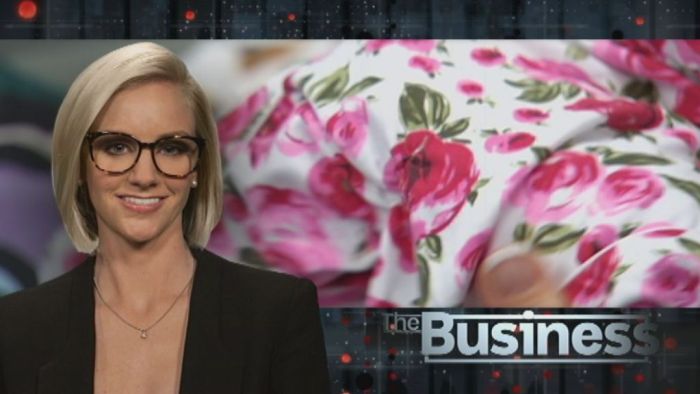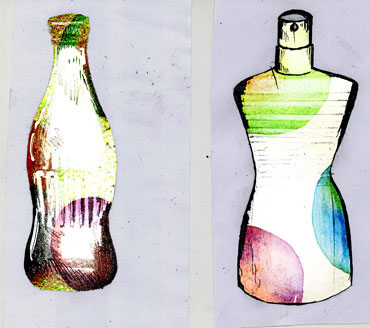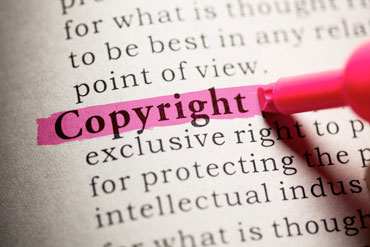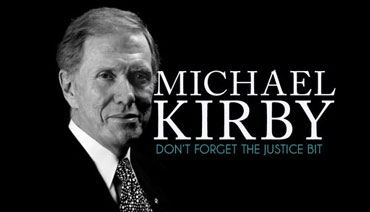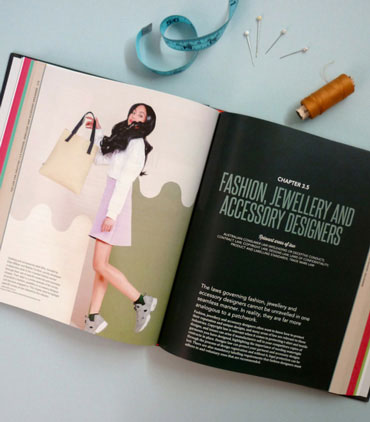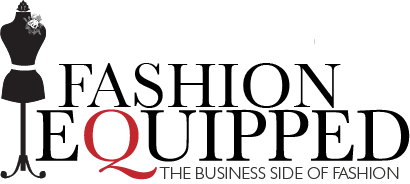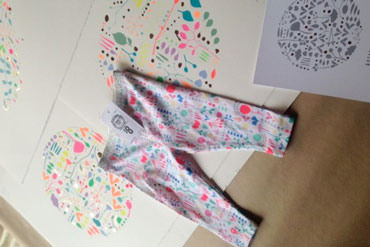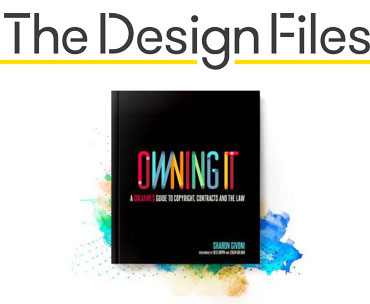Today Tonight Interview – ‘Big brand look-alikes’
Channel 7 Perth
Reporter: Tineka Everaardt
9 January 2012
In this Today Tonight interview, Sharon Givoni comments on the issue of parallel importation of consumer goods from overseas in the Australian marketplace. Not to be confused with importation of counterfeit goods – a practice which is certainly illegal – parallel imports or ‘grey goods’ are products which are legally manufactured overseas, and then imported into Australia without permission from the authorised Australian distributer. These goods are often sourced, purchased and sold in competition to the authorised goods, often at much lower prices.
The goods bear the same branding except that they were manufactured with a specific overseas market meaning that the consumer here may pay less but not get the same quality. The practice is not necessarily illegal but can nevertheless raise several issues, such as undercutting the authorised Australian product. The idea is that it is a free market but then again, if the labeling is wrong or the product is not up to Australian standards, the consumer needs to know this.
Sharon said in the interview: “Some things are much cheaper overseas, and cheaper to import, and the middle man can make a lot more money,”
Givoni says often parallel imports are composed of different ingredients or have a different taste to products made for Australians.
“They’re not the same quality, they’re not the same sizes, and they’re not the same standards.”
In the interview, Sharon Givoni also highlighted some issues regarding packaging and quality control:
“They may not have the same expiry date labeling, and perhaps most importantly for the consumer, if something does go wrong, where do you go?”
As a result of the interview Sharon Givoni wrote an article summarising the issues.
She said that many textile and fashion designers use, or incorporate their own name into their trade marks and clothing labels. More often than not, the more unique the name is, the safer you are from “copycats”. However, trade mark disputes can arise if two designers use the same or similar names and legal advice may be needed. Read article: Will the real Zara please stand up?

